Davao City is known for being a vibrant blend of nature, culture, and discipline is a city that balances urban growth with environmental stewardship and public safety.
Welcome to Davao City
Davao City is a vibrant destination that blends natural beauty, cultural heritage, and civic discipline. The city is only a short boat trip from Samal Island, a stunning beach that is popular with tourists due to its white sand beaches, snorkeling opportunities, and upscale resorts. The nation’s national bird offers visitors a close-up look at the magnificent Philippine Eagle at the conservation refuge for the critically endangered species. Whether you like it or not, Davao is known for its durian, which can also be used in coffee, ice cream, and candy, making the durian an iconic staple in Davao.
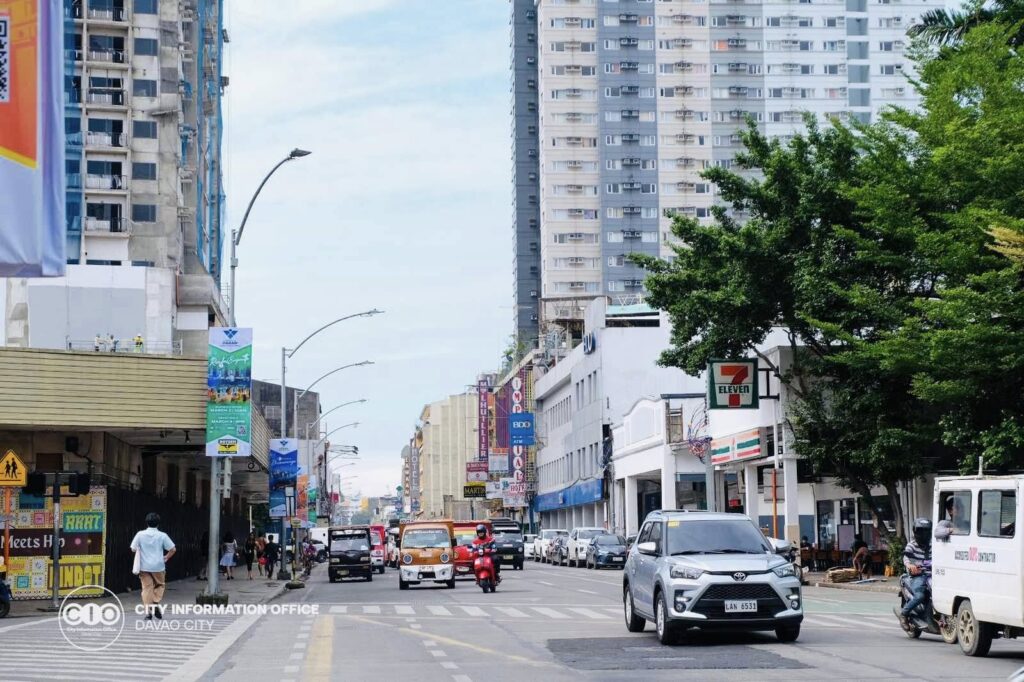
Hold on, there’s more! Davao’s rich soil is ideal for growing fruits including lanzones, marang, pomelo, and mangosteen. Immersions in nature may be found at Eden Nature Park and Malagos Garden Resort. Davao is a shining example of eco-friendly tourism, garbage management, and urban greening.
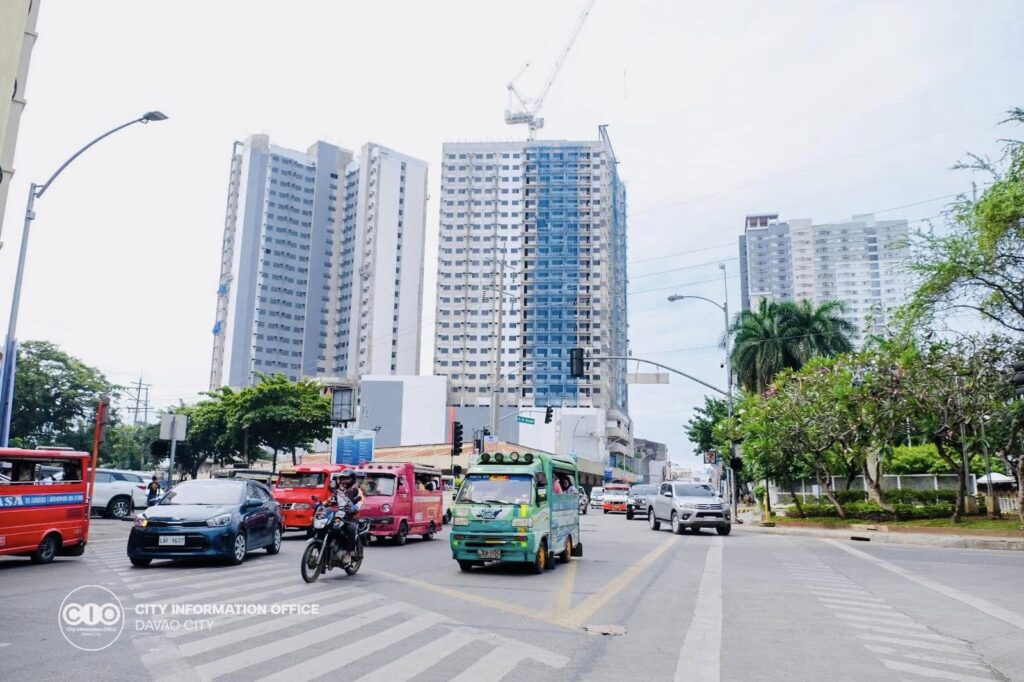
In addition to being a popular tourist destination, Davao City is regarded as one of the Philippines’ cleanest and safest cities. Strict adherence to regulations such as prohibiting smoking, overspeeding, and using firecrackers. And if that wasn’t enough, the first 911 emergency response system in the nation is located there!
What Is the World Travel Index (WTI)?
The WTI is a travel-focused website that rates nations, cities, and islands according to a number of factors, including cost, safety, infrastructure, and attractions. The Number Crime Index statistics, resident and tourist perceptions, AI-assisted analysis of more than 50 million travel-related websites, and user reviews (e.g., Reddit, Quora) are the sources of its safety index.
The five subcategories that make up the safety score are: Daytime Safety, which measures how safe people feel when they are out and about during the day; Nighttime Safety, which measures how safe people feel after dark; Theft Free, which indicates that there is little chance of pickpocketing or property crime; Drug Free, which indicates that there is little visibility or encounter with drug-related activity; and Violence Free, which indicates the possibility of violent incidents or harassment.
Davao City’s Ratings
Davao Scores high remarks in terms of safety ranking as the 2nd safest in the Philippines and 1,132nd globally out of 3,028 cities. With the subcategories mentioned above, here are the ratings:
| Category | Score |
| Daytime Safety | 89.12 |
| Nighttime Safety | 83.96 |
| Theft-Free | 77.13 |
| Drug-Free | 72.57 |
| Violence-Free | 80.89 |
| Overall Safety | 80.73 |
Safety indicators show high ratings, with daytime safety at 89.12%, nighttime safety at 83.96%, violence-free at 80.89%, theft-free at 77.13%, and drug-free at 72.57%, yielding an overall safety score of 80.73%.
Behind the Ratings
Davao’s strong community policing, 24/7 Central 911 system, and ordinances like the CCTV law and curfew for minors contribute to its safety reputation. Davao City’s impressive safety ranking is no accident—it’s the result of a well-orchestrated blend of policy, technology, and community discipline.
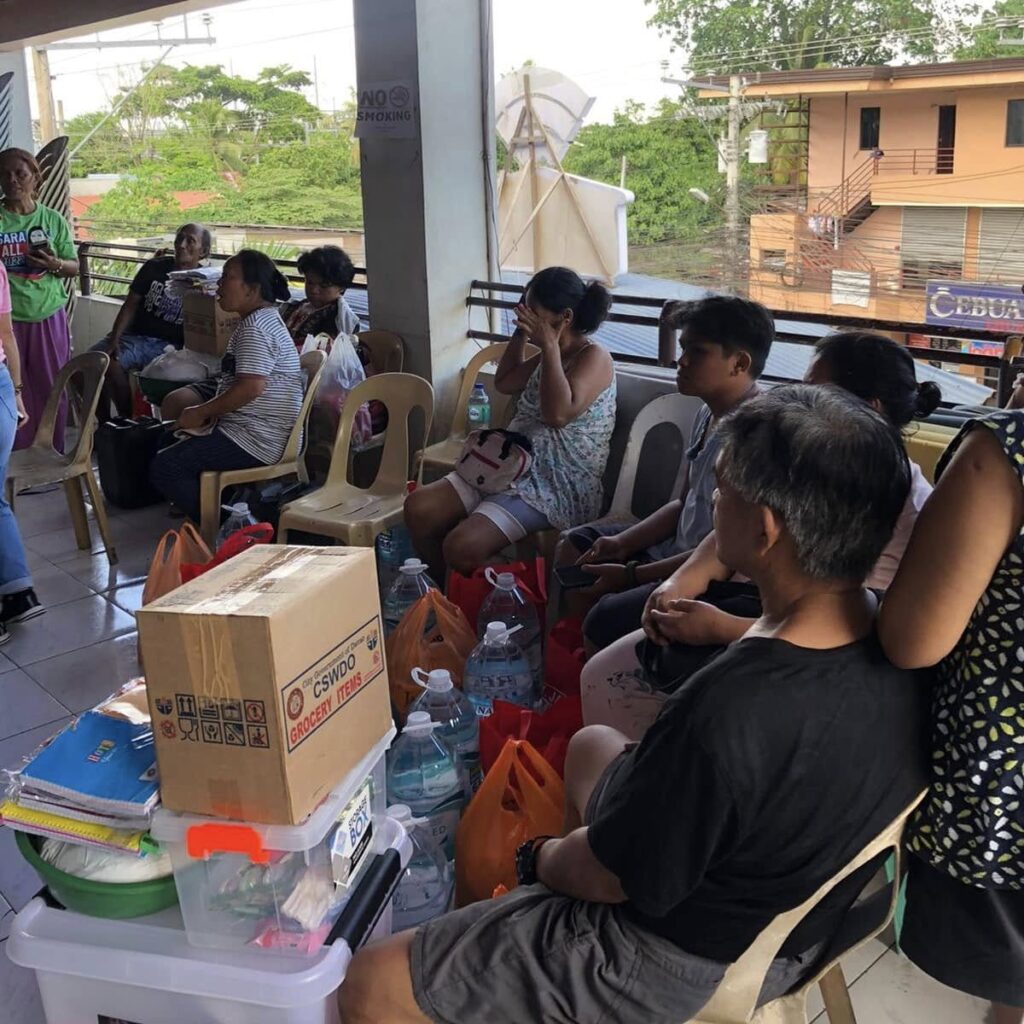
Central 911 System
Davao City has earned national recognition for its integrated safety infrastructure, anchored by the pioneering Central 911 system which is the first of its kind in the Philippines. Launched in 2002 through a partnership between the city government and Davao Light and Power Company, Central 911 offers free medical, fire emergency response, rescue, and K-9 services, operating 24/7 with GPS-enabled dispatch and rapid response times. It has received multiple recgnitions, including the Gawad KALASAG Hall of Fame Award in 2024, and serves as a model for emergency systems nationwide.
Public Safety and Security Office (PSSO)
Coordinating this network is the Public Safety and Security Office (PSSO), established via Executive Order No. 18 and institutionalized in 2021. The PSSO oversees real-time monitoring of citywide CCTV feeds, enforces ordinances such as curfews for minors and liquor bans, and manages coastal patrols, drone regulation, and ancestral domain protection.
Task Force Davao (TFD)
Complementing these civilian efforts is Task Force Davao (TFD), a military-police hybrid unit formed in 2003 following the Sasa Airport and Wharf bombings. TFD conducts checkpoints, intelligence operations, and anti-terrorism patrols, and has led community forums and interfaith peace initiatives. The Police Regional Office XI (PRO XI) further reinforces law enforcement through barangay-level coordination, visible patrols, and AI-assisted communication drills.
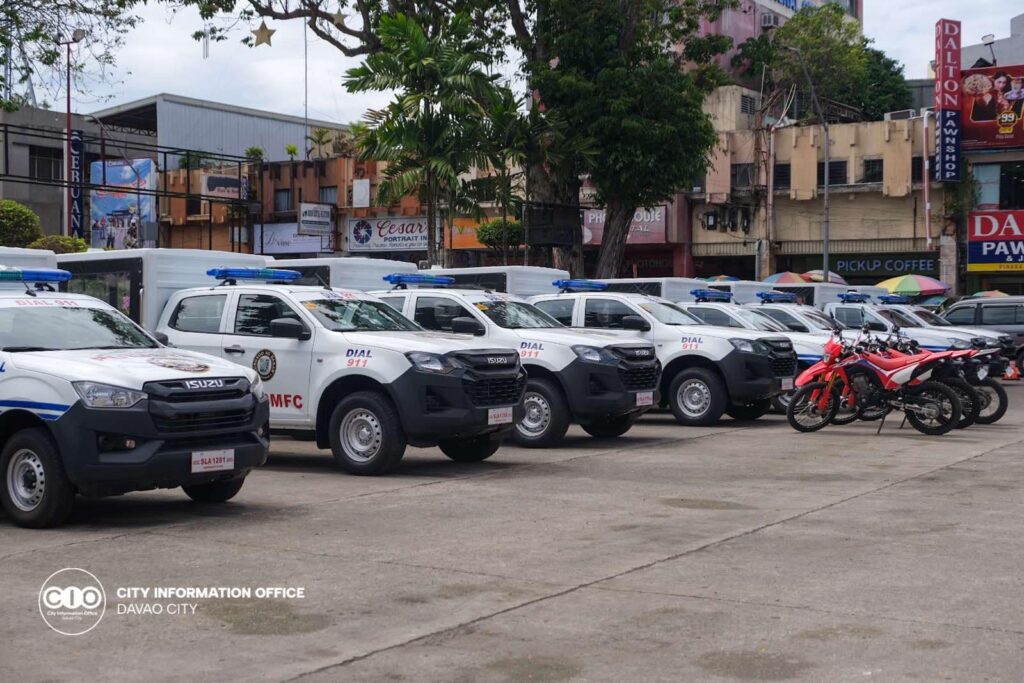
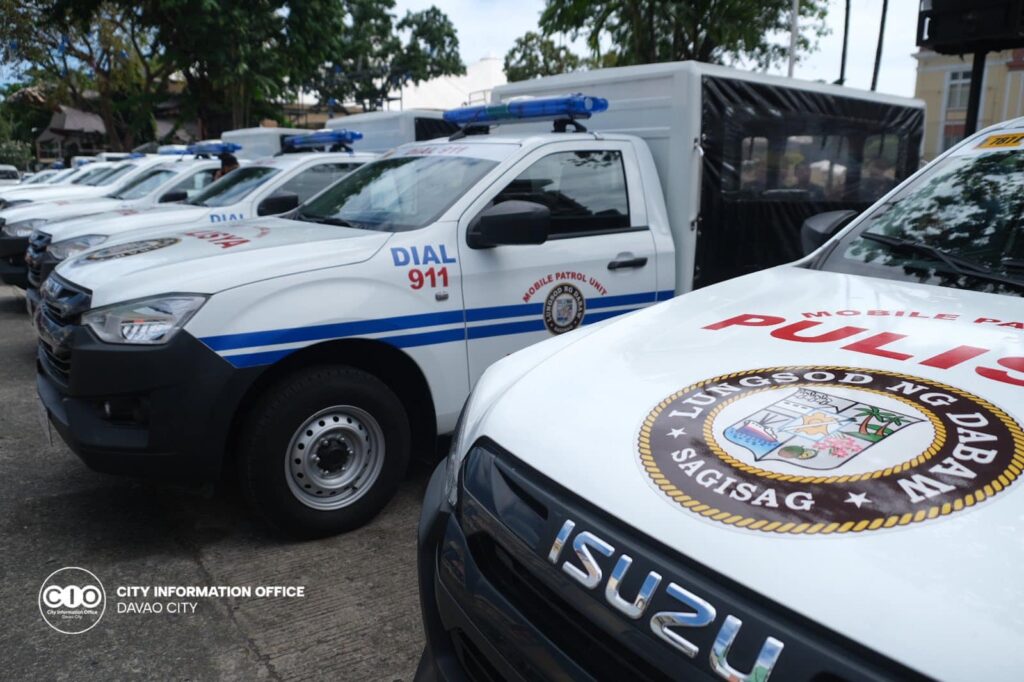
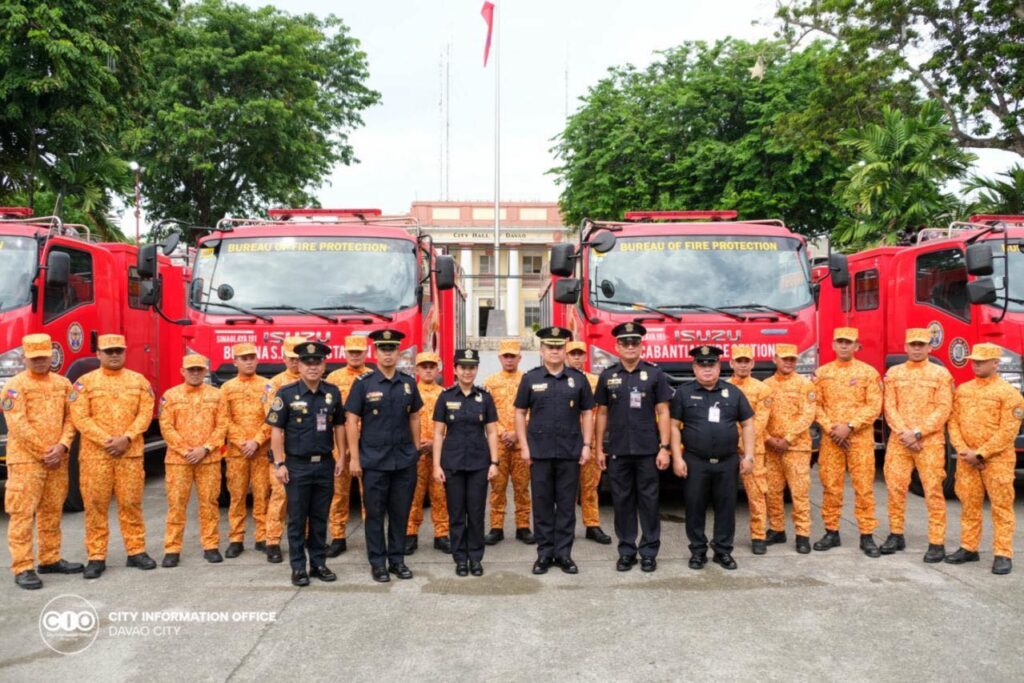
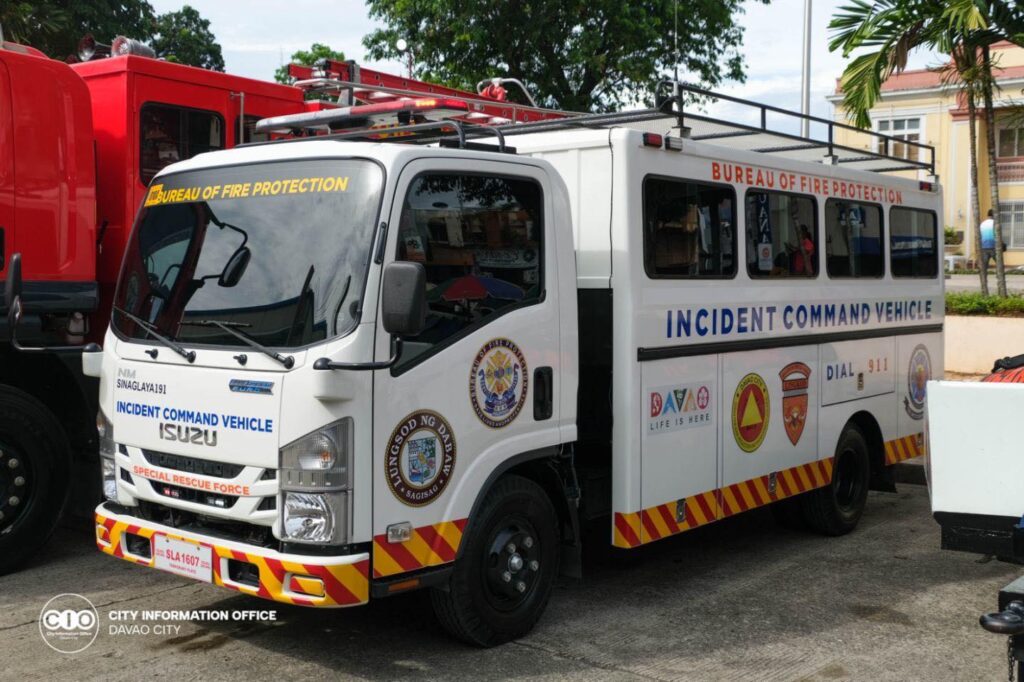
CCTV Ordinance
Davao’s surveillance infrastructure is governed by the amended CCTV Ordinance of 2023, which mandates high-definition cameras in public and private establishments, with cloud-based storage and real-time monitoring by the PSSO. Non-compliance may result in permit suspension or closure.
Community-Led Vigilance: The Security Culture of Davao
At the heart of Davao’s security model is its “Culture of Security” program, which encourages residents to volunteer, report, remind, and participate in safeguarding their communities. The campaign’s tagline, “May Nakita? Dapat Magsalita.” reflects the city’s emphasis on shared vigilance and civic responsibility.
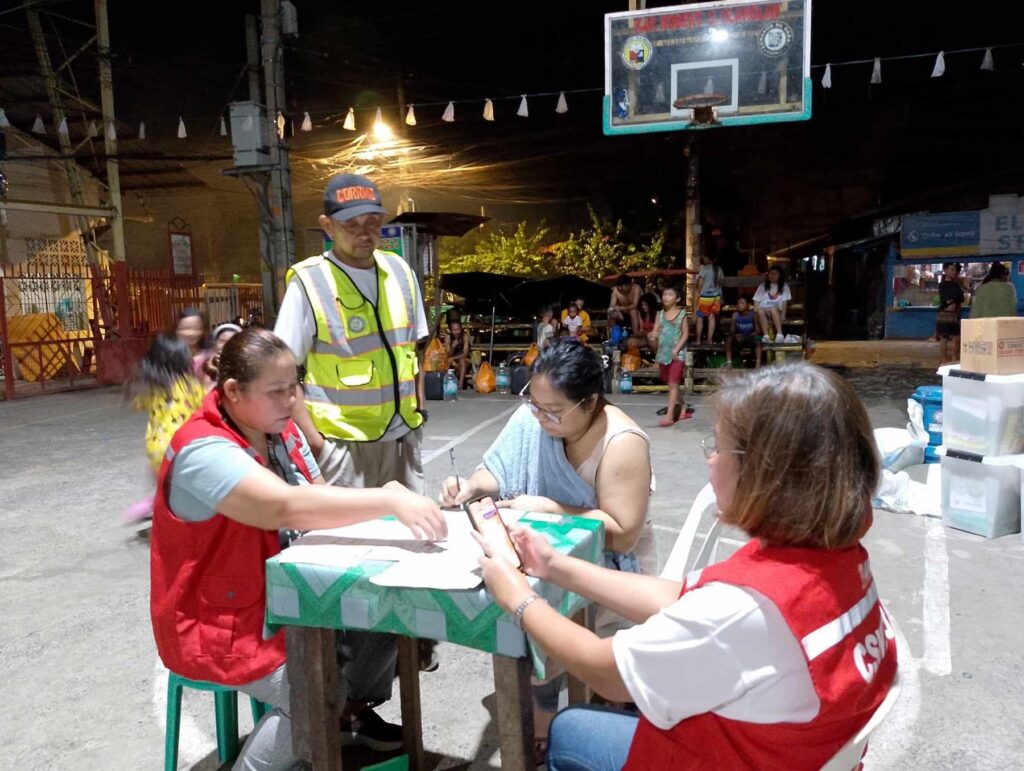
Discipline-Oriented Laws
These measures are reinforced by strict discipline-oriented laws, including a citywide no-smoking policy, firecracker bans, speed limits, and liquor restrictions. Locals often act as informal watchdogs, contributing to Davao’s reputation as one of the safest and cleanest cities in the Philippines.


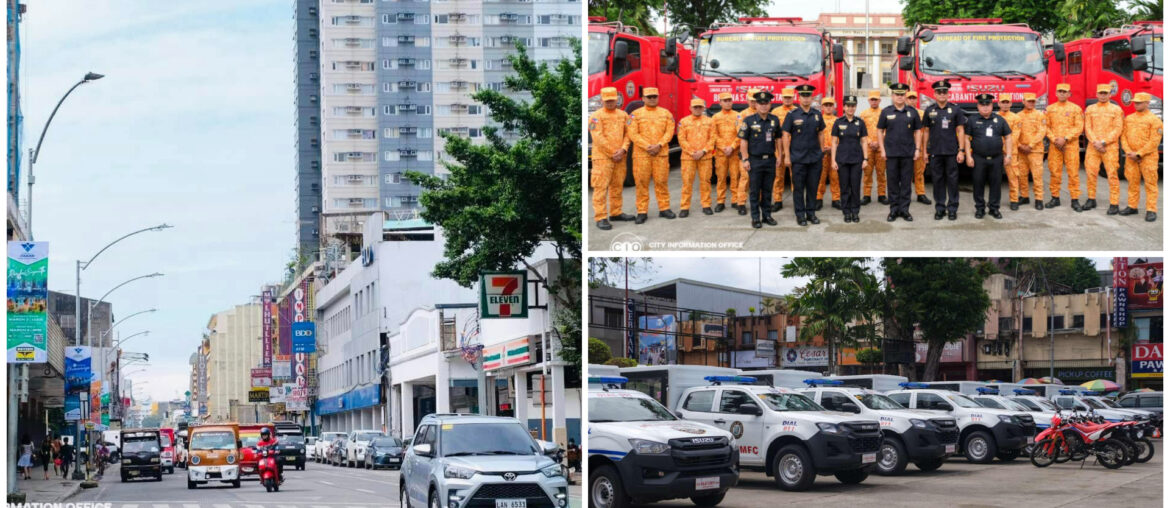
Comments are closed.